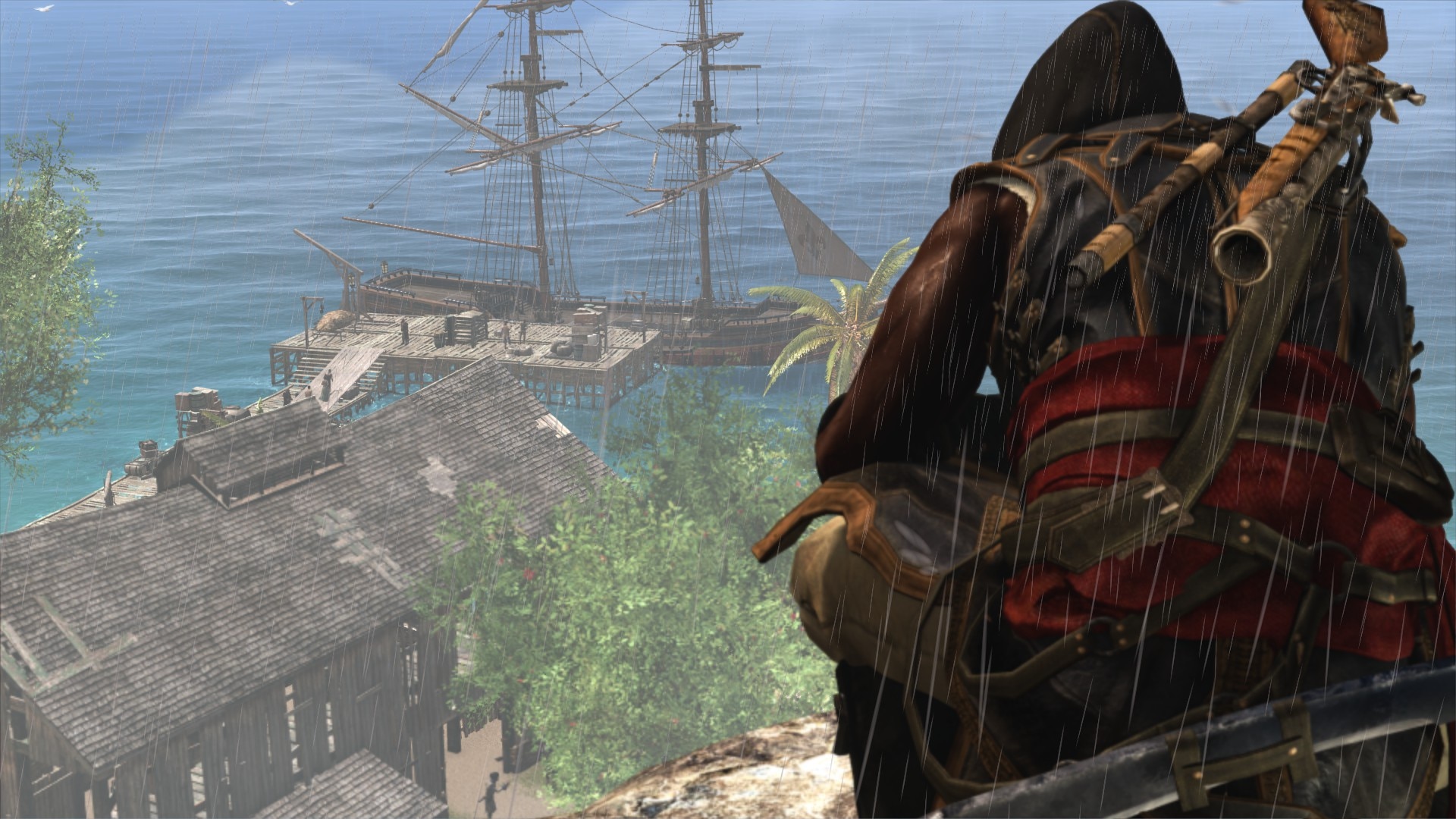The presence or absence of a video game on a popular storefront can ignite curiosity and sometimes, concern, among its dedicated fanbase.
Just recently, amidst a still-ongoing Steam sale with a massive discount on several titles, including the Assassin's Creed franchise, one of the series' most popular entries, Assassin's Creed IV: Black Flag, conspicuously went missing from the Steam library. Furthermore, it also disappeared from the Ubisoft app, which raises questions regarding the reason behind such a move.
Over the past year, technical glitches have marred the PC version of Assassin's Creed IV: Black Flag, which shouldn't be a problem anymore for a game that's already a decade old. The challenges primarily revolve around server problems that prevent gamers from accessing additional content. Such hiccups in the user experience could potentially be a reason for the game's temporary removal from these platforms.
Nevertheless, the game remains available for direct purchase on Ubisoft. This might imply that the removal from Steam and the Ubisoft app could be temporary. After all, these platforms are more prominent storefronts and garner far more footfall than the Ubisoft store. It is possible that Ubisoft might want to address the game's issues before making it available again to a wider audience.


